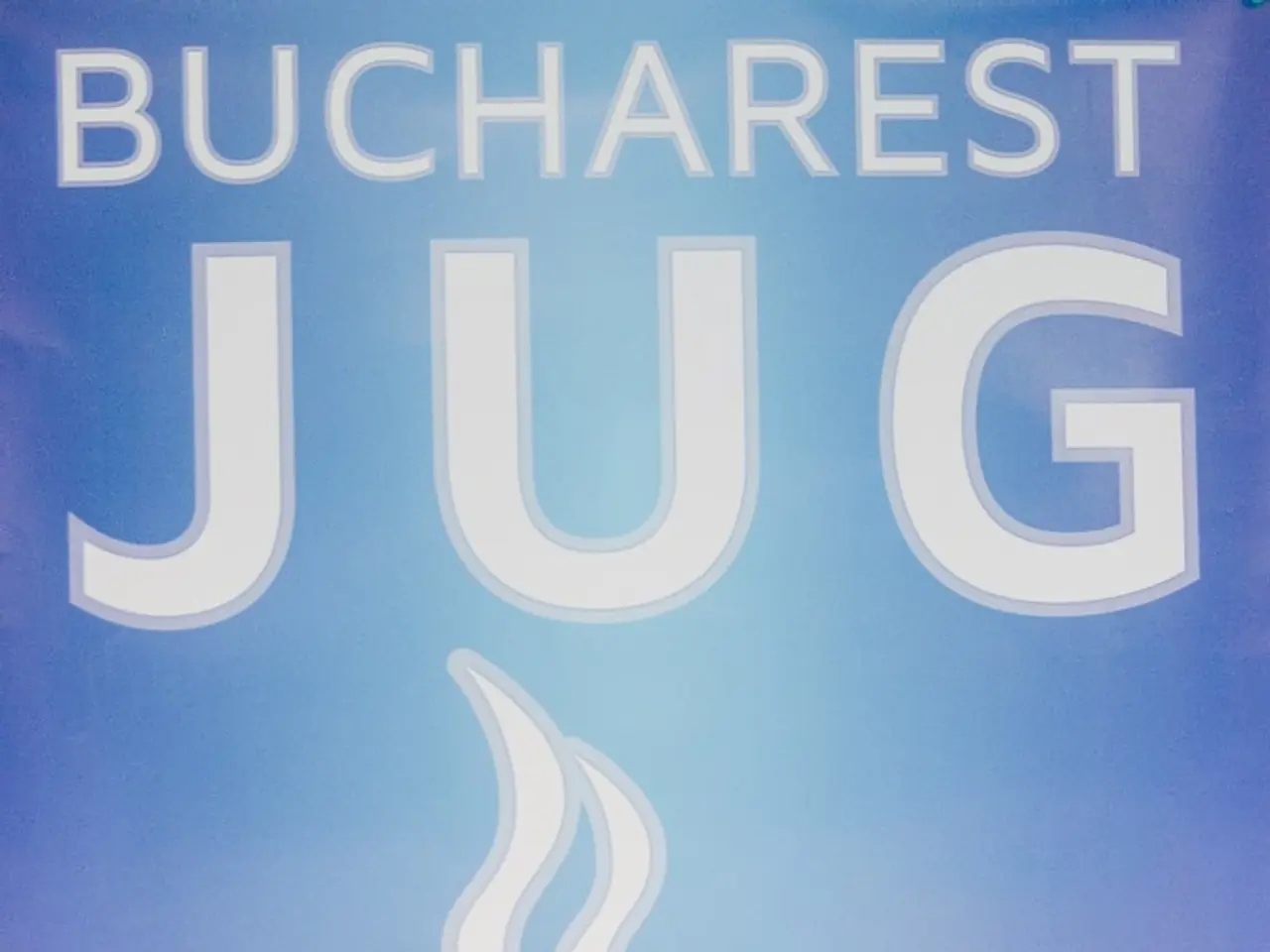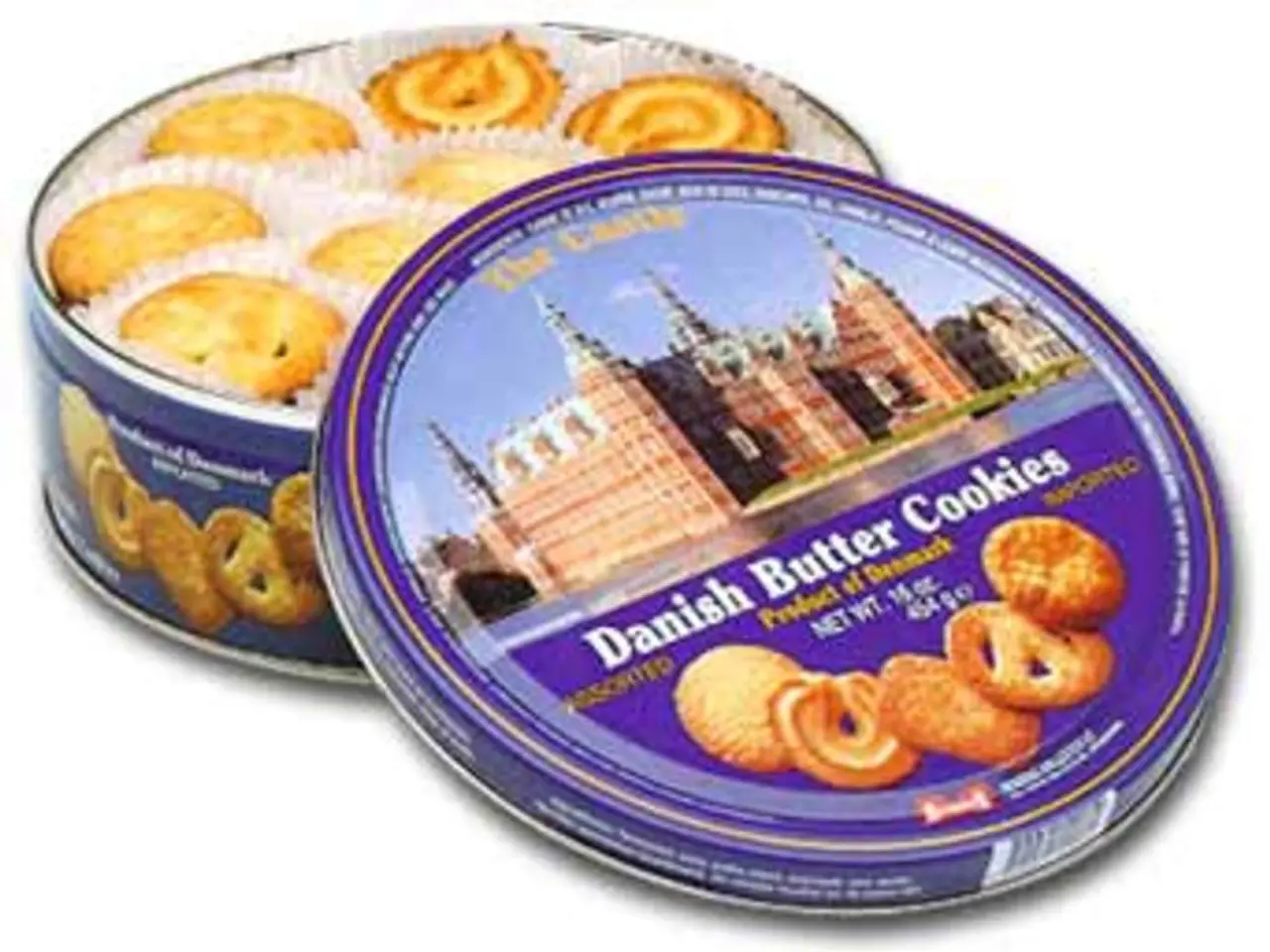Duralex Industrial Director's Prediction: Anticipated Annual Turnover to Reach 32 Million Euros
Duralex, a French glassware manufacturer based in La Chapelle-Saint-Mesmin, is experiencing a resurgence after a challenging period. Last summer, the company was on the brink of disappearing following a second judicial restructuring. However, a lifeline was thrown by the Orleans commercial court, which validated a project by the cooperative of employees that was supported by 60% of the staff and backed by local elected officials.
The employee-owned company model, as demonstrated by Duralex's success, offers numerous benefits. Worker-owned companies provide employees with an indirect ownership stake, often through an Employee Ownership Trust (EOT) or Employee Stock Ownership Plan (ESOP). This arrangement allows employees to share in the company's profits via tax-free bonuses or retirement stock benefits, directly linking their efforts to financial rewards.
One of the primary advantages of this model is improved job security and stability. Transitioning to employee ownership reduces uncertainty around ownership changes, helping maintain employment stability and improve retention. In the case of Duralex, this has resulted in a committed workforce that is dedicated to the company's growth.
Moreover, employee ownership fosters a culture of ownership, accountability, and servant leadership. This culture often leads to improved dedication to customer satisfaction, as seen in Duralex's commitment to quality and design. The company's glasses, considered a luxury brand in Japan due to their French origin, are selling well, with prices two to three times higher in Japan compared to France.
Duralex's financial status is currently satisfactory, according to the industrial director, Nicolas Rouffet. The company is making its annual turnover in just four months, with approximately 150,000 euros being made each month. The company aims to reach a turnover of 39 million euros by 2030.
In France, business is booming for Duralex, with local authorities purchasing the products wholeheartedly. Schoolchildren in France are also expected to find or discover Duralex glasses in their canteen in September. Internet orders for Duralex products are also doing well.
The fact that Duralex is a French company, directed by French people, and owned by its employees increases the desire to buy Duralex in Japan. The SCOP (Cooperative and Participatory Company) was launched on August 1, 2024. Despite a slight dip in turnover in 2023, with 24.6 million euros compared to 31 million euros in 2022, Duralex is on track to finish the year with a turnover of 32 million euros, meeting its targets for the year.
In conclusion, Duralex's success story underscores the benefits of worker-owned companies. By aligning employee incentives with company performance, these companies foster a culture of ownership, accountability, and servant leadership. This, in turn, increases job satisfaction, reduces turnover, and supports sustainable business growth. It's a model that seems to be working well for Duralex, and one that could potentially be replicated by other companies in the future.
[1] Berrone, M. (2021). The Benefits of Employee Ownership. National Center for Employee Ownership. [2] Employee Ownership Foundation. (2021). The Benefits of Employee Ownership. [3] Katz, L. (2019). The Power of Employee Ownership. Harvard Business Review. [4] NCEO. (2021). Employee Ownership and Business Success.
- The employee-owned business model, as demonstrated by Duralex's successful resurgence, promotes financial benefits for both the company and its workers, linking employee efforts directly to financial rewards.
- Duralex's success as a social enterprise, owned and operated by its employees, has sparked interest in France and abroad, suggesting a potential trend in the social industry for worker-owned companies.




